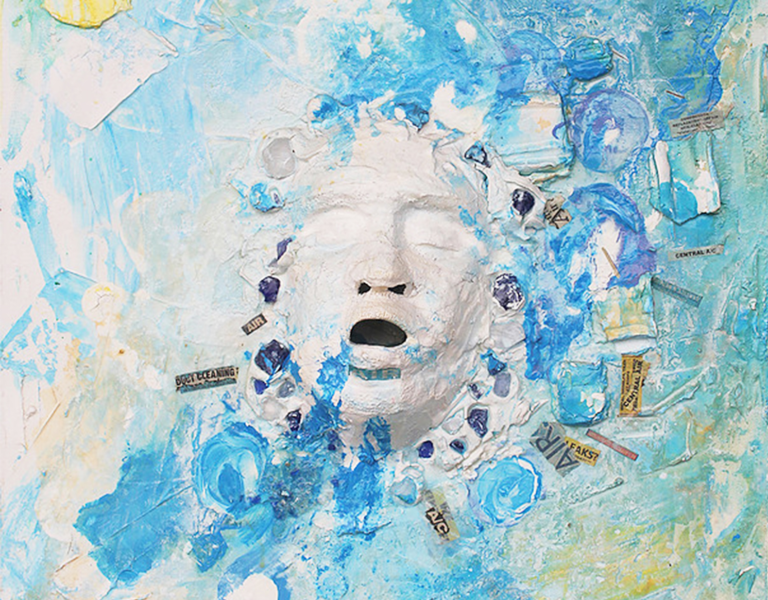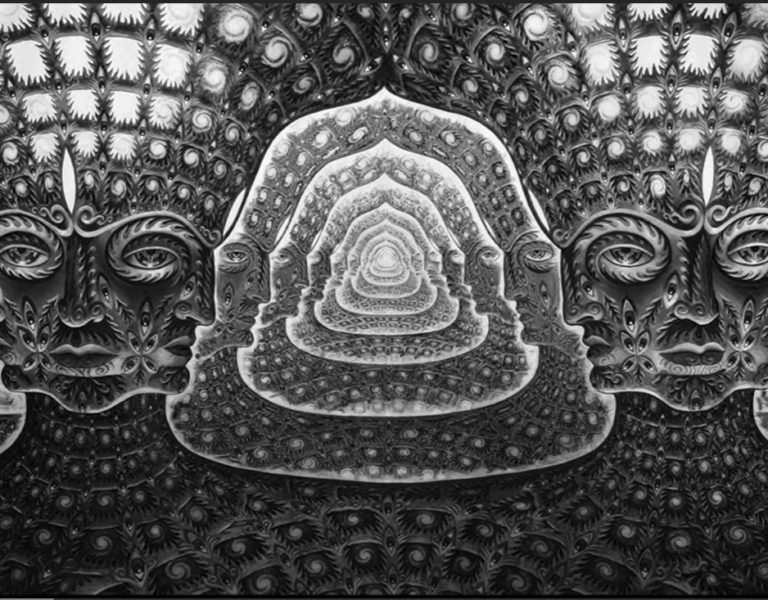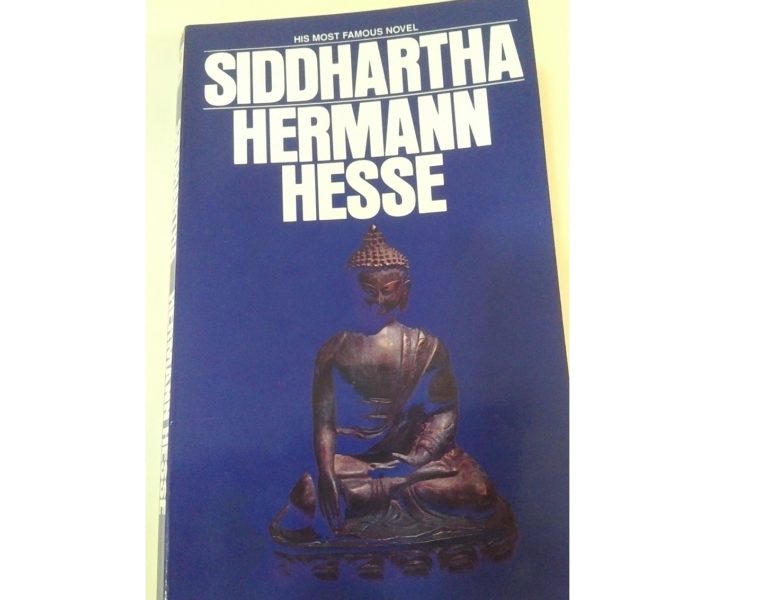The Invited Philosopher Nadine This is the second virtual dinner/lunch. Nadine had dinner in Duesseldorf, Germany, while I had lunch in Miami, Florida, USA. 2 Menus Nadine’s dinner: Chickpeas, portobello mushrooms, paprika in a pumpkin curry coconut milk sauce, with turmeric rice Paty’s lunch: Sofrito of mixed vegetables, grilled portobello mushrooms with wild rice Nadine’s Wine: Rose wine Nadine’s dessert: German Oblaten-Lebkuchen Paty’s dessert: Papaya and dark chocolate *Art: Courtesy of https://www.gallerynadine.com The Philosophy Immanuel Kant’s Transcendental Idealism is well explained in this Youtube video. Kant argued that our minds
process the information received from the world, and out of that a concept of objects arises, that may or may not be what is out there. Those objects are constructed by the mind but because the world is giving us the information, we construct only that which our mind can construct. And if we know the structure of the mind, we can know something about the objects we will see, that is what is called “a priori knowledge”, we know something of the objects before we experience them, before we…
Read More ›









